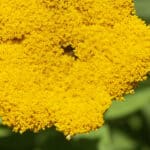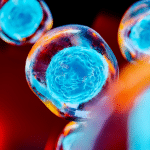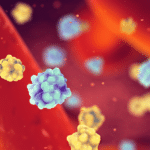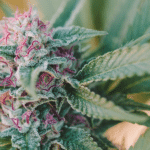If THC makes people forgetful while they’re high, one might reasonably expect that blocking the CB1 receptor that mediates the high will promote focus and the ability to learn. But is this true?
If THC makes people forgetful while they’re high, one might reasonably expect that blocking the CB1 receptor that mediates the high will promote focus and the ability to learn. But is this true?
There are several issues to consider when systemically blocking the CB1 receptor, such as the increased rates of suicidal thoughts. This is, without a doubt, an unacceptable side effect. However, it’s still useful for scientists to tease apart the roles of cannabinoids in learning.
Researchers at Wake Forest University, working with Allyn Howlett (the head of the team who discovered the CB1 receptor in 1988) recently published one such study. They used a rat model of learning and compared the effect of a CB1 inhibitor (Rimonabant) given acutely to chronic administration or no drug at all. The blockade of CB1 increased the expression of genes that modulate synaptic plasticity. It would appear that this makes the brain more adaptable and able to learn. But not only did the drug-treated rats not learn better, tests showed they were worse after a week. This is not surprising when considering how “learning” was measured.
The researchers’ test of learning required the rats to forget, and it is well established that blocking CB1 prevents animals from letting go of irrelevant memories. In particular, the trained rats that got Rimonabant tended to worsen over time (relative to controls). This could mean that they were simply learning at a slower rate, or that chronic inhibition of CB1 led to other changes in the brain. These maladaptive changes may have been the genetic markers of brain plasticity that the scientists had found; an adaptive brain doesn’t grow indefinitely, rather it finely tunes neural connections, sometimes cutting back what is not needed and forming more useful synapses with the newly freed bandwidth.
Totally preventing CB1 activation with Rimonabant may have promoted the growth side of plasticity, but other studies shows that it also shuts down the brain’s ability to prune unhelpful connections. Cannabinoids tie significantly into human learning and memory, but harnessing this with blunt chemical tools seems unlikely.
Adrian Devitt-Lee is a research scientist and longtime Project CBD contributor. © Copyright, Project CBD. May not be reprinted without permission.







